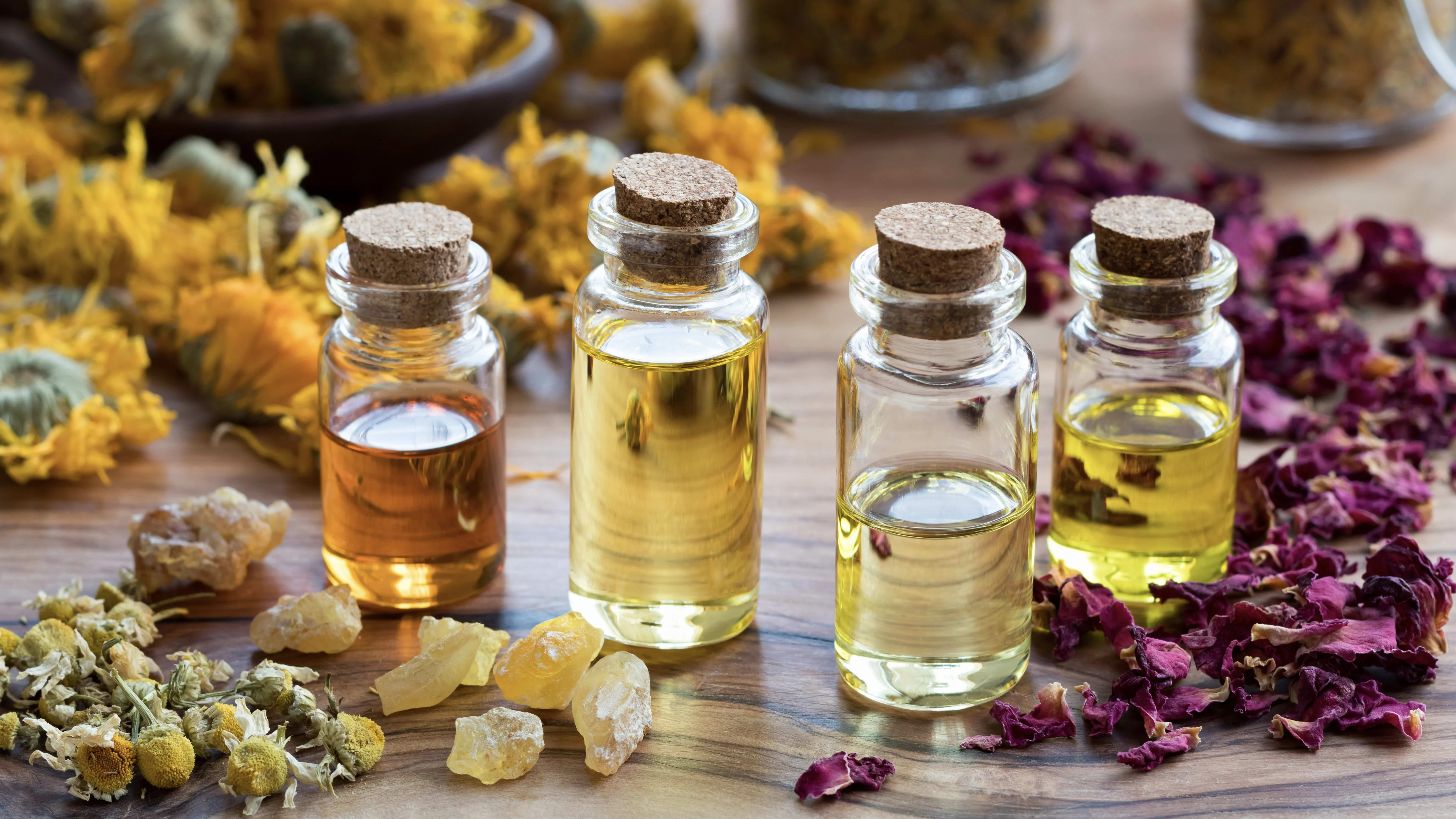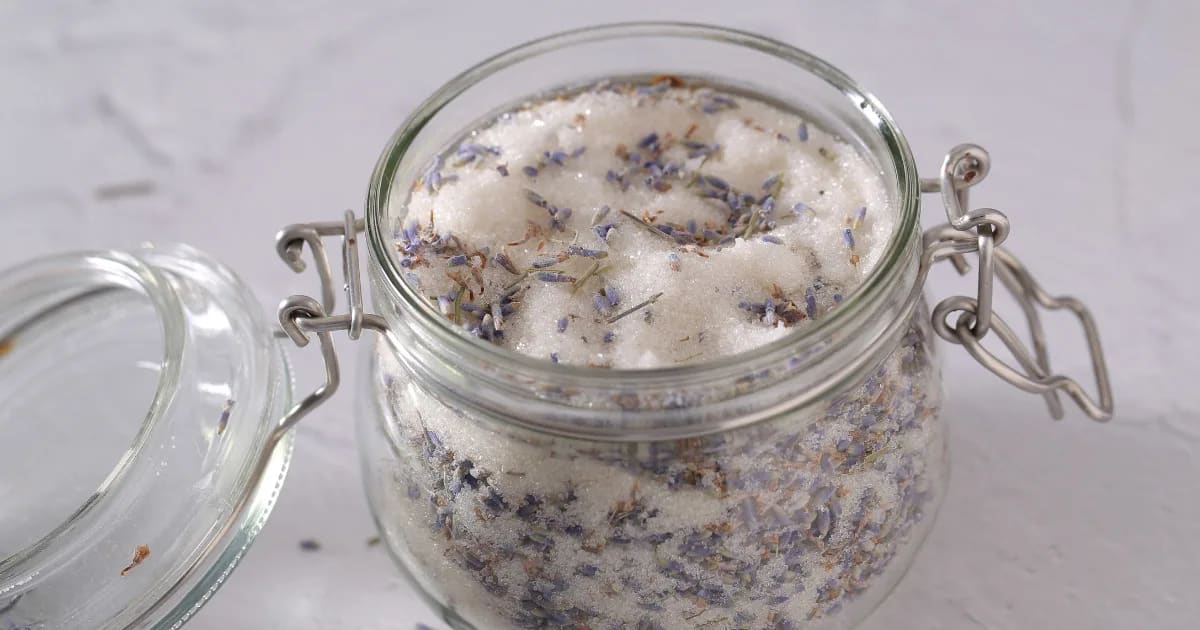Fighting Superbugs with Benchmark Thyme Essential Oil

Benchmark Thyme Essential Oil: A Natural Antibiotic
As someone who loves my kitchen, I appreciate the unforgettable scent of Thyme—herbaceous and slightly medicinal. This comforting aroma brings to mind hearty meals and the soothing rituals of natural healing. As an RN and aromatherapist, I also admire Thyme for its potent essential oil. There are over 350 species of Thyme, and many produce essential oils that help our bodies heal everything from inflammation to infections.
This brings me to Benchmark Thyme essential oil. This relatively new variety of Thyme oil represents a leap forward for aromatherapy, and a possible path for treating drug-resistant bacteria, including MRSA.
In this post, you’ll learn about Benchmark Thyme, and why some doctors are as interested in it as aromatherapists. We will cover:
Medicinal and mystical uses of Thyme through history.
How Benchmark Thyme can help fight drug-resistant bacteria.
The master aromatherapist who developed Benchmark Thyme.
Let’s explore why Benchmark Thyme deserves a spotlight in the world of natural health.
Thyme Essential Oil: Healing in History
The use of Thyme in healing and mystical practices stretches back to ancient civilizations. The Egyptians used it for embalming, and the Greeks burned it as incense in their temples. During the Middle Ages, Thyme was placed beneath pillows to ward off nightmares and support sleep. Soldiers throughout history also wore it into battle for courage.
One particularly notable use for Thyme oil was during World War I, when it was used in field hospitals for its germicidal benefits. Its powerful germ-fighting properties made it invaluable in preventing infections. (Learn more in my post for a DIY Hand Soap Recipe.)
Many Varieties of Thyme
As I mentioned, there are hundreds of species of Thyme. It is one of those plants that’s able to transform, creating multiple versions of itself. Thyme responds beautifully to the environment it grows in—the soil conditions, rainfall, temperature, amount of sunlight, and other factors. The essential oil it produces reflects these variations. Even within a single Thyme species, two plants can produce vastly different essential oils.
There are many varieties of Thyme essential oil.
Some are rich in thymol, a strong phenol that can destroy many types of microbes, but which is harsh on skin (and mucous membranes).
Others contain high concentrations of linalool, a monoterpenol that’s gentler on skin, yet still fight germs and soothes pain. (Linalool is the main component in Lavender, Lavandula angustifolia.)
Each type of Thyme offers its own angle on the oil’s benefits.
Benchmark Thyme: the Benefits of 4 Species
Benchmark Thyme essential oil (Thymus zygis) contains both thymol and linalool.
It also contains terpinen-4-ol (the prominent component in Tea Tree, Melaleuca alternifolia) and α-terpinene (another component in Tea Tree, and also in Sweet Marjoram, Origanum majorana).
Benchmark Thyme is designed to harness the most impressive health-supporting benefits of Thyme—especially in combating germ-based threats and calming inflammation. The result is an oil that’s both potent and gentle. Its aroma is warm and herbal, with notes of spice and camphor.
Maggie Tisserand: Creator of Benchmark Thyme
Benchmark Thyme was developed by Maggie Tisserand.
Maggie has been involved with aromatherapy since the 1970s, when the field began to gain popularity. With her book Aromatherapy for Women, she became the third published author in the English language on the topic. Today, she’s just as much a pioneer as ever.
When Maggie learned that hospitals were having trouble with antibiotic-resistant MRSA, she wondered if essential oils might be able to help. She’d seen encouraging research on Tea Tree oil, and experienced its benefits. But several of her children didn’t respond well to Tea Tree. (I would like to note that while Tea Tree oil is generally non-irritating, not everyone responds the same way to an essential oil. Some are more sensitive than others.)
She began searching for an oil that might be just as strong (or stronger), which would be safe for use on skin.
What she found were several species of Thyme, which had high concentrations of the natural components she was looking for. She co-distilled these plants to create a unique oil. Then she approached a private hospital with the possibility of using the oil for some of the MRSA-affected patients. These people had been struggling to beat their infections for some time, but the “superbug” was just not letting go. The doctors and patients agreed to try Benchmark Thyme essential oil.
The results were impressive: two out of the three patients were finally healed of their MRSA infections.
What sets Benchmark Thyme apart is its carefully curated components. Benchmark Thyme includes linalool, thymol, alpha-terpinene, and terpinen-4-ol (the component that makes Tea Tree so effective). This blend offers a powerful combination of antibacterial benefits.
Distilled for Quality, not Quantity
Maggie Tisserand produces Benchmark Thyme essential oil herself.
It’s a meticulous process. She uses no chemicals or pesticides, and analyzes the plants throughout the growing season.
Most growers wait to harvest until their plants produce the highest quantity of essential oil. Maggie has a different goal. She’s looking for quality, not quantity. So she waits until the plants have the right balance of natural components before harvesting and distilling.
Maggie’s expertise ensures that each batch of Benchmark Thyme maintains a consistent and reliable chemical composition, providing us with a product we can depend on.
In my next post, I’ll share specific therapeutic benefits of Benchmark Thyme, and how you can use it for your family’s natural health.
My Takeaway
Benchmark Thyme essential oil is a testament to the incredible potential of nature's remedies. Its unique blend of Thyme species, combined with meticulous growing and distillation practices, makes it a standout in the world of essential oils.
Benchmark Thyme is a bridge between the past, when Thyme helped us heal in clinical settings, and the future, when it may be called upon to help us overcome antibiotic-resistant bacterial strains. When natural health solutions are more sought after than ever, Benchmark Thyme stands as a shining example of what can be achieved with dedication, expertise, and a deep respect for the gifts of nature.
References
Carson, C. F., Hammer, K. A., & Riley, T. V. (2006). Melaleuca alternifolia (tea tree) oil: a review of antimicrobial and other medicinal properties. Clinical microbiology reviews, 19(1), 50-62.
Fisher, K., & Phillips, C. A. (2006). The effect of lemon, orange and bergamot essential oils and their components on the survival of Campylobacter jejuni, Escherichia coli O157, Listeria monocytogenes, Bacillus cereus and Staphylococcus aureus in vitro and in food systems. Journal of Applied Microbiology, 101(6), 1232-1240.
Rota, M.C., Herrera, A., Martinez, R.M., Sotomayor, J.A. and Jordán, M.J. (2008) Antimicrobial activity and chemical composition of Thymus vulgaris, Thymus zygis and Thymus hyemalis essential oils. Food Control 19, 681-687
Tisserand, M. (2011). The thyme is right: Maggie Tisserand talks about the development of a unique blend of thyme oils. International Therapist, (96) 14-16.
Tisserand, M. Benchmark Thyme. https://benchmark-thyme.com/benchmark-thyme/





